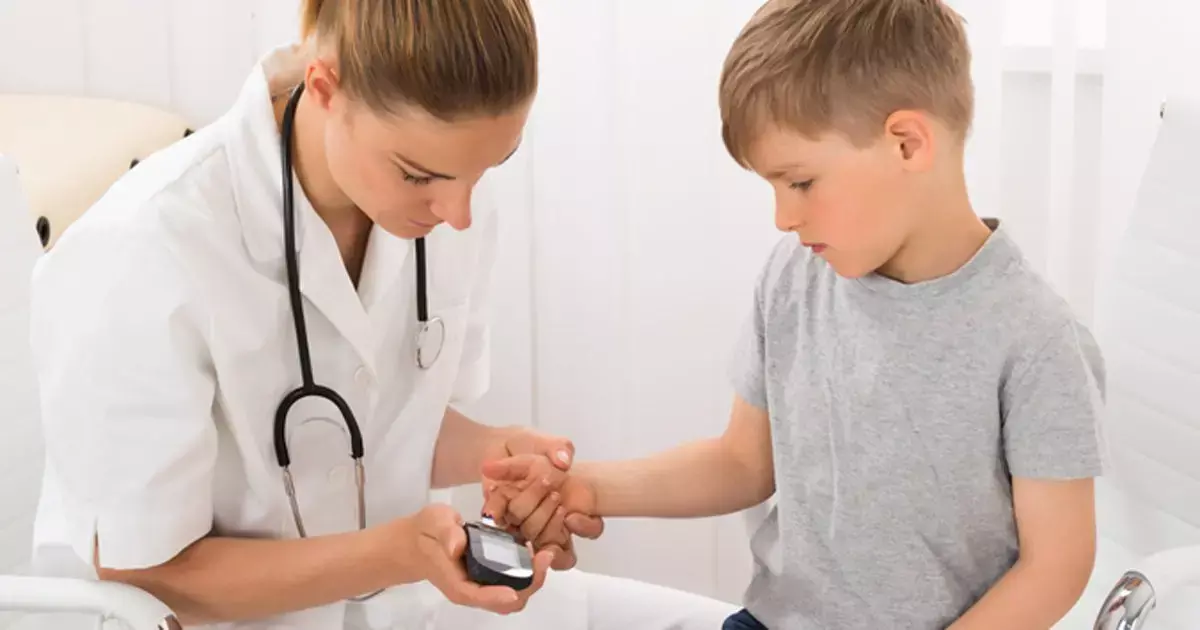- Home
- Medical news & Guidelines
- Anesthesiology
- Cardiology and CTVS
- Critical Care
- Dentistry
- Dermatology
- Diabetes and Endocrinology
- ENT
- Gastroenterology
- Medicine
- Nephrology
- Neurology
- Obstretics-Gynaecology
- Oncology
- Ophthalmology
- Orthopaedics
- Pediatrics-Neonatology
- Psychiatry
- Pulmonology
- Radiology
- Surgery
- Urology
- Laboratory Medicine
- Diet
- Nursing
- Paramedical
- Physiotherapy
- Health news
- Fact Check
- Bone Health Fact Check
- Brain Health Fact Check
- Cancer Related Fact Check
- Child Care Fact Check
- Dental and oral health fact check
- Diabetes and metabolic health fact check
- Diet and Nutrition Fact Check
- Eye and ENT Care Fact Check
- Fitness fact check
- Gut health fact check
- Heart health fact check
- Kidney health fact check
- Medical education fact check
- Men's health fact check
- Respiratory fact check
- Skin and hair care fact check
- Vaccine and Immunization fact check
- Women's health fact check
- AYUSH
- State News
- Andaman and Nicobar Islands
- Andhra Pradesh
- Arunachal Pradesh
- Assam
- Bihar
- Chandigarh
- Chattisgarh
- Dadra and Nagar Haveli
- Daman and Diu
- Delhi
- Goa
- Gujarat
- Haryana
- Himachal Pradesh
- Jammu & Kashmir
- Jharkhand
- Karnataka
- Kerala
- Ladakh
- Lakshadweep
- Madhya Pradesh
- Maharashtra
- Manipur
- Meghalaya
- Mizoram
- Nagaland
- Odisha
- Puducherry
- Punjab
- Rajasthan
- Sikkim
- Tamil Nadu
- Telangana
- Tripura
- Uttar Pradesh
- Uttrakhand
- West Bengal
- Medical Education
- Industry
Reduction in gut microbiome linked to high BP in children with type 1 diabetes: Study

Doha, Qatar: Reduction in the abundance of genus Bifidobacterium is associated with high blood pressure (BP) in children with type 1 diabetes (T1D), finds a recent study in the journal Biomedicine & Pharmacotherapy.
Pediatric patients with type 1 diabetes are at increased risk of abnormal BP measurement and pattern. Both hypertension and T1D are well-known risk factors for kidney failure and cardiovascular disease (CVD). The human microbiome has been linked both to diabetes and hypertension. However, in children with T1D, the relationship between the gut microbiome and BP is not well-understood.
Against the above background, Annalisa Terranegraa, Research Department, Sidra Medicine, Doha, Qatar, and colleagues aimed to examine the relationship between resting office BP and gut microbiota composition, diversity, and richness in children with T1D and healthy controls in this cross-sectional study.
For this purpose, the researchers recruited 29 pediatric subjects and divided them into three groups: healthy controls (HC, n = 5), T1DM with normal BP (T1DM-Normo, n = 17), and T1DM with elevated BP (T1DM-HBP, n = 7). BP, dietary and clinical parameters were measured for each subject. Fecal samples were collected to perform the 16s rDNA sequencing and to measure the short-chain fatty acids (SCFAs) level.
Key findings of the study include:
- T1DM-HBP group had distinct gut microbial composition (at multiple taxonomic levels) and reduced diversity (richness and abundance) compared with T1DM-Normo and HC groups.
- Children with T1DM-HBP showed a significant reduction of Bifidobacterium levels (especially B. adolescentis, B. bifidum, and B. longum) compared to the T1DM-Normo group.
- The researchers also observed unique gut-microbial metabolic pathways, such as elevated lipopolysaccharide synthesis and glutathione metabolism in children with T1DM-HBP compared to T1DM-Normo children.
"Our findings show that the reduction in the abundance of genus Bifidobacterium could play a significant role in elevating the BP in pediatric T1DM subjects. More studies are needed to corroborate our findings and further explore the potential contributing mechanisms we describe," concluded the authors.
Reference:
The study titled, "Bifidobacterium reduction is associated with high blood pressure in children with type 1 diabetes mellitus," is published in the journal Biomedicine & Pharmacotherapy.
DOI: https://www.sciencedirect.com/science/article/pii/S0753332221005187
Dr Kamal Kant Kohli-MBBS, DTCD- a chest specialist with more than 30 years of practice and a flair for writing clinical articles, Dr Kamal Kant Kohli joined Medical Dialogues as a Chief Editor of Medical News. Besides writing articles, as an editor, he proofreads and verifies all the medical content published on Medical Dialogues including those coming from journals, studies,medical conferences,guidelines etc. Email: drkohli@medicaldialogues.in. Contact no. 011-43720751


